This past month Psychogeographic Review has been reading:
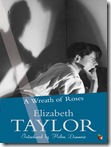 ‘A Wreath of Roses’ – Elizabeth Taylor
‘A Wreath of Roses’ – Elizabeth Taylor
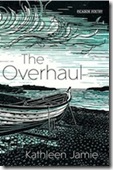 ‘The Overhaul’ – Kathleen Jamie
‘The Overhaul’ – Kathleen Jamie
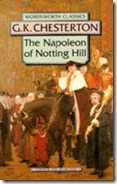 ‘The Napoleon of Notting Hill’ – G.K. Chesterton
‘The Napoleon of Notting Hill’ – G.K. Chesterton
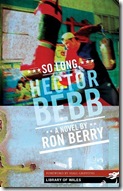 ‘So Long Hector Bebb’ – Ron Berry
‘So Long Hector Bebb’ – Ron Berry
Meanwhile, we were listening to:
 ‘The North Star Grassman and the Ravens’ – Sandy Denny
‘The North Star Grassman and the Ravens’ – Sandy Denny
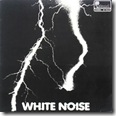 ‘An Electric Storm’ – White Noise
‘An Electric Storm’ – White Noise
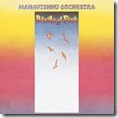 ‘Birds of Fire’ – Mahavishnu Orchestra
‘Birds of Fire’ – Mahavishnu Orchestra
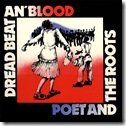 ‘Dread Beat an’ Blood’ – Poet and the Roots
‘Dread Beat an’ Blood’ – Poet and the Roots
And watching:
 ‘The London Nobody Knows’ – Norman Cohen
‘The London Nobody Knows’ – Norman Cohen
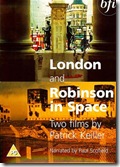 ‘London’ and ‘Robinson in Space’ – Patrick Keiller
‘London’ and ‘Robinson in Space’ – Patrick Keiller

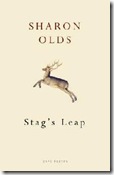
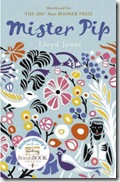
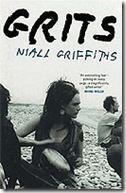
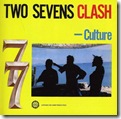
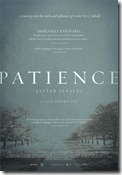
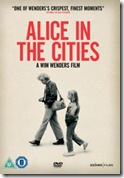
What’s the Sharon Olds like , Bobby? And would I enjoy the Niall Griffiths?
Hi Liz – Stag’s Leap is a collection of Sharon Olds’s poems about the break up of her marriage and subsequent divorce. It’s painfully honest and moving, though from the depths of despair she manages to conjure up real beauty. Her language is simple and clear and not at all showy, though all the more impressive for that.
I’ve read quite a few of Niall Griffiths’s books and first read Grits about 10 years ago. Having read it again recently, I’m even more impressed by the guy’s talent. Grits focuses on the lives of a loosely-connected group of drop-outs, junkies and petty criminals in Aberystwyth.
Not surprisingly, they’re a pretty unlikeable bunch of characters and, in terms of plot, not an awful lot happens. But what I love about the book is Griffiths’s use of language. He describes people in a starkly perceptive way and he clearly loves the landscape of mid-Wales too, describing it in almost mythic terms. His dialogue is stunning- each character has a turn at taking over the narrative and each has a very different and distinct voice; Griffiths even manages to capture accents without being too embarrassing!